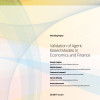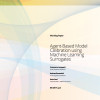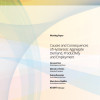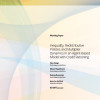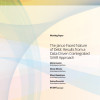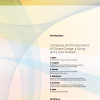Since the influential survey by Windrum et al. (2007), research on empirical validation of agent-based models in economics has made substantial advances, thanks to a constant flow of high-quality contributions. This Chapter attempts to take stock of such recent literature to offer an updated critical review of existing validation techniques. We sketch a simple theoretical […]
